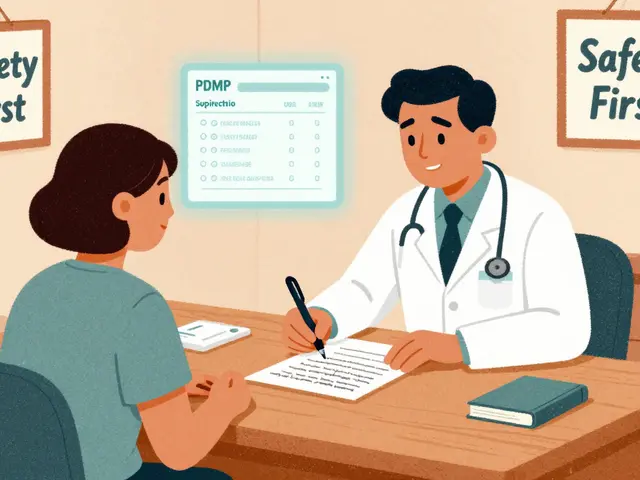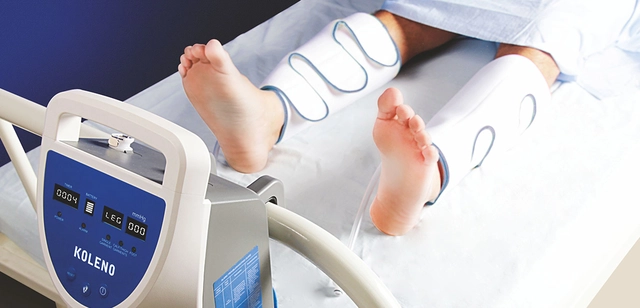Pregnancy: Practical Tips for Medication Safety and Smart Health Choices
Pregnancy changes how medications work and what’s safe to take. If you’re pregnant or planning to be, you want straight answers: which meds are okay, which to avoid, and how to buy them safely. This page gathers practical advice and links to detailed guides so you can make informed decisions with your healthcare team.
How to check if a medication is pregnancy-safe
Start with your doctor or midwife. Tell them every drug, supplement, and herbal tea you use. Ask why a medication is recommended, what the risks are, and whether there’s a safer alternative. If you want to double-check on your own, look for official labeling, trusted medical sites, or pregnancy registries that track outcomes for specific drugs.
Keep a simple medication list: drug name, dose, why you take it, and who prescribed it. Show this list at every prenatal visit. This helps your provider spot risky combinations and decide whether a dose change or temporary pause is needed.
Some common pregnancy concerns we cover on Medipond: managing infections safely, handling chronic conditions like diabetes or high blood pressure in pregnancy, and which symptom-relief meds (for heartburn, allergies, nausea) have the best safety records. Each article explains risks, alternatives, and what to ask your clinician.
Buying medications online while pregnant — a quick safety checklist
Want to order meds online? Great for convenience, but be careful. Use this checklist every time:
- Use a licensed pharmacy. Look for clear address, phone number, and pharmacy license details.
- Make sure the site requires a prescription for prescription drugs. If it doesn’t, walk away.
- Check for secure checkout (HTTPS) and a real pharmacist you can contact for questions.
- Compare prices, but don’t chase prices that seem too good to be true — counterfeits exist.
- Read shipping terms. Some meds need cold storage or quick delivery; find a pharmacy that handles that safely.
If you order internationally, check local laws and customs rules. Also confirm the exact drug formulation and brand — generics can differ in inactive ingredients that sometimes matter during pregnancy.
Quick practical habits: take a folic acid supplement before pregnancy and during early weeks (ask your provider for dose), keep prenatal vitamins on a regular schedule, and always read new prescriptions aloud to the pharmacist to confirm what you’re getting. If anything feels off — unusual side effects, different pill color, or unexpected paperwork — stop and call your clinic.
Medipond’s pregnancy tag collects real-world guides on specific drugs, buying safely online, and non-drug tips for common pregnancy issues. Use our articles to prepare questions for your provider, not to replace medical advice. When in doubt, reach out to your obstetrician or pharmacist — they see this every day and can help keep you and your baby safe.










